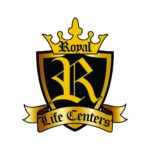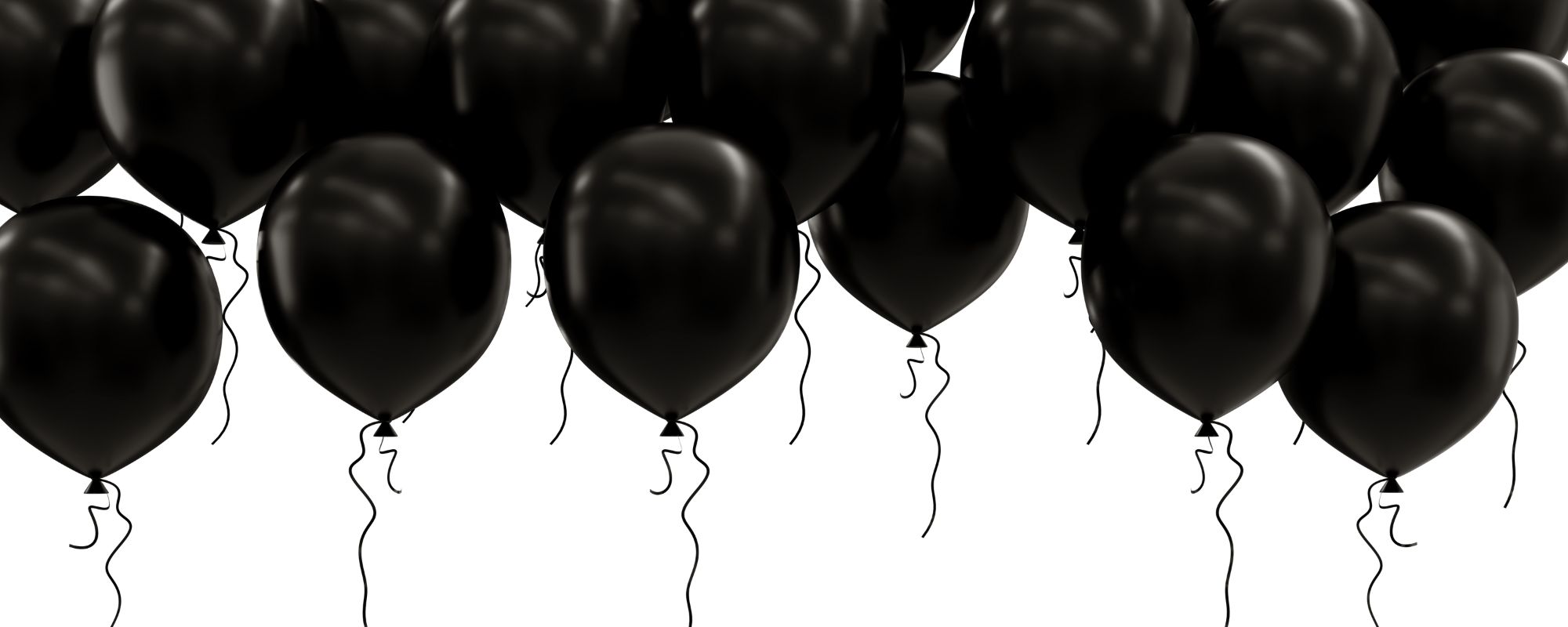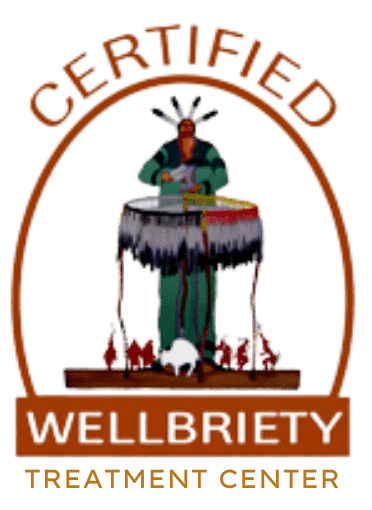As drug abuse continues to spread throughout the U.S., new methods of misuse have begun to crop up as well. For some people, smoking pills has become a particularly popular form of substance abuse.
Like any other method of drug abuse, this can be dangerous, and the pills you smoke can have serious side effects and consequences. Knowing why people smoke pills and how this can harm you can help keep you and your loved ones safe and informed.
What Are Prescription Drugs?
Prescription drugs are medications that require a doctor’s written authorization to be dispensed and are different from over-the-counter (OTC) drugs, which are able to be purchased without a prescription or doctor’s consent.
These medications are used to treat a wide range of medical conditions, including pain, infections, mental health disorders, and chronic diseases. They can be powerful and have serious side effects if not used correctly, which is why they require a doctor’s supervision.
Prescription drugs are typically more expensive and harder to obtain than OTC drugs. Misusing them can be dangerous and even deadly, which is why it is important to always use these medications as directed.
What Is Prescription Drug Abuse?
Prescription drug abuse is the use of prescription medication in a way that is not intended by a prescribing doctor, especially if this is continued over a long period of time. There are several ways in which a person can abuse their prescriptions, including:
- Taking the medication for a reason other than the one it was prescribed for.
- Taking a higher dose of the medication than prescribed.
- Taking the medication more often than prescribed.
- Taking the medication in a different way than prescribed (such as crushing pills and snorting or smoking them).
Prescription drug abuse, sadly, is a complex issue with various factors contributing to why people engage in it. One of the biggest reasons people abuse their prescription medications is to seek relief from pain or discomfort, whether this be physical or emotional.
Others may be looking to receive euphoria or intoxication from certain medications, like opioids and some anxiety/sleep medications, which can produce pleasurable effects similar to illegal drugs. People struggling with addiction or seeking escape may misuse these medications for their “high.”
Stimulants like Adderall are also sometimes misused by students or professionals as performance enhancers, used to boost their focus, alertness, and productivity. This can also be a result of peer pressure, especially for someone who lives in an environment where drug misuse is common.
It is important to understand that misusing prescription medications in any way and for any reason is dangerous, and can have serious consequences, including physical and mental health effects, overdose, addiction, and even death.
Why Do People Smoke Pills?
Many people abuse their prescription medications by crushing their pills and smoking the powder they produce. There are many reasons why people choose to do this, including a desire for a more prolonged high, a misinformed belief that this is a safer method of consumption, and personal preference.
With that being said, drug misuse of any kind is dangerous, including smoking these substances. Not only can the smoke alone cause serious damage to the lungs and respiratory system over long periods of time, but drug abuse in any form can have lasting health consequences.
What Are the Signs and Symptoms of Prescription Drug Abuse?
Prescription drug abuse is a serious problem and one that may not always be easy to identify, making it vital to be aware of potential signs and symptoms. Recognizing these indicators can help you identify individuals who might be struggling and offer necessary support.
Some of the most common behavioral signs of a prescription drug addiction can include:
- Changes in behavior, such as withdrawal from friends and family, secretive behavior, changes in sleep patterns, decreased interest in previously enjoyable activities, neglecting responsibilities, increased risk-taking behavior, or hostility.
- Doctor shopping, characterized by visiting multiple doctors to obtain prescriptions for the same medication.
- Financial problems, such as unexplained money troubles, and borrowing or stealing money to support drug use.
- Changes in employment or academic performance, including a decline in performance at work or school, unexplained absences, and issues amongst peers or coworkers.
There are also physical indicators of prescription drug abuse that can be looked out for, including:
- Drowsiness or lethargy.
- Confusion or disorientation.
- Difficulty thinking clearly, memory problems, impaired judgment.
- Changes in appetite or weight.
- Physical pains or ailments.
- Constipation, nausea, vomiting.
- Reddened or bloodshot eyes.
- Tremors, slurred speech, poor coordination.
Finally, prescription drug abuse can be recognized through various psychological symptoms, such as:
- Experiencing rapid shifts in emotions, irritability, anxiety, and/or depression.
- Having intense cravings for the medication or a preoccupation with obtaining and using the drug.
- Developing a tolerance and dependence, which involves needing to take higher doses to achieve the same effect and experiencing withdrawal symptoms when stopping the medication.
While not everyone will show exactly the same signs of addiction, if you or a loved one fits any of the criteria listed above, it is important to seek help immediately. Prescription drug addiction is a serious condition, but with the right support and treatment, a happier and healthier life is possible.
What Is Prescription Drug Treatment Like?
At Royal Life Centers, our prescription drug addiction treatment process is multifaceted and individualized. We follow a comprehensive and holistic approach to the treatment process, which will usually look like this:
- Detoxification: This initial phase aims to safely remove an abused substance from the body, which can be uncomfortable and potentially dangerous. Medications and therapies are used to reduce withdrawal symptoms and improve comfort during this time.
- Behavioral Therapies: Therapies such as Cognitive Behavioral Therapy (CBT) and other treatments are used to address the underlying psychological and emotional aspects of addiction, helping our clients identify and change negative thought patterns and behaviors that contribute to their drug use.
- Medication-Assisted Treatment (MAT): For many of our clients, medications can be used to manage their cravings and reduce the risk of relapse. These medications can include methadone, buprenorphine, or naltrexone and will usually be combined with other therapy approaches.
- Social Support: Recovering from addiction is often easier with a strong support system. This can include individual or group therapy with other people in recovery, twelve-step support groups, and connections with family and friends to help build a solid foundation for long-term recovery.
- Aftercare: While formal treatment may end after a certain period, lifelong aftercare and relapse prevention are crucial. This usually involves continued therapy sessions, participation in support groups, and relapse prevention planning.
While these are generally the steps in treatment you can expect when participating in our prescription drug rehab program, we prioritize providing individualized care to each of our clients and will work with you to develop a treatment plan that addresses all of your care needs.
Prescription Drug Addiction Treatment Options at Royal Life Centers
At Royal Life Centers, we value our clients’ individuality and strive to provide comprehensive, holistic care capable of supporting each of their unique recovery needs. From our evidence-based detox program to our residential and outpatient options, holistic therapies, and aftercare services, we offer a full continuum of care.
If you are ready to start your recovery, we are here to help every step of the way. Reach out to us by calling 877-RECOVERY to learn more about how our program can help you. Our admissions team is available 24/7 to help you begin your path to recovery today!















